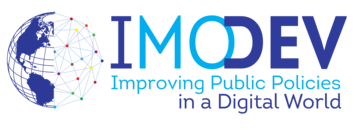Right to Information & Open Gov.
Salle / Hall : FIE - Salle du Théâtre
Horaire / Schedule : 9h20 - 10h40
Président de séance : Margaret Allars (Professor, University of Sydney)
Langue / Language : English
Speech 1. Freedom of Information Legislation in Australia: A Review
Margaret Allars - Professor, University of Sydney (Australia)
Freedom of information legislation is in place at the federal level and in each State and Territory of Australia. Significant reviews of the federal and NSW Acts occurred in the period 2009 to 2010. The focus was twofold. First, there was a common attempt to refine the understanding and role of the public interest test, which forms part of a number of the exemptions from the legally enforceable right of access to documents held by agencies subject to the Acts. Second, there was an objective of establishing appropriate mechanisms for external review of access decisions. However arrangements for the administration of the federal Act, established only recently, have fallen into a period of uncertainty. Debate continues as to the adequacy of some exemptions. Live issues are the administration and improvement of the federal information publication scheme for open access and the adequacy of the Act to respond to technological change and increased concerns in the context of security, intelligence and law enforcement.
Speech 2. Protection of fundamental rights in the light of freedom of information
Attila Peterfalvi - President of the National Authority for Data Protection and Freedom of Information (Hungary)
Speech 3. Transformations in International Civil Society Organisations working towards a Greater Access and Use of Governmental Informational Resources
Silvana Fumega - Fellowship, University of Tasmania (Australia/Argentina)
In less than a decade, the concept of accessing governmental information has been extended beyond mere access to information (via Freedom of information/FOI legislation) to demands for raw digital data, known as Open Government Data (OGD).
The predominant legal orientation in the FOI field has until recently ignored or downplayed the role of organised civil society actors (Non-governmental Organisations/NGOs) in the literature. On the other hand, in relation to OGD, the level and dynamic interplay of the field has outpaced the capacity of scholars to supply rigorous analysis of OGD developments particularly in relation to NGOs. This thesis seeks to fill that gap in terms of knowledge regarding NGOs working (internationally) on the access to and use of government information and data, as key players in policy diffusion processes.
In particular, the literature shows that ICT has a profound impact on the structure of all organisations. Due to the limited scholarship in these areas (NGOs in FOI and OGD and the impact of ICT in these organisations), elements from the existing research on other aspects of FOI and NGOs are included, together with elements of the impact of ICT in other organisations.
The influence of ICT in these international organisations highlights the differences not only between FOI and OGD but also among organisations. While some organisations are organically and intellectually shaped to operate in a digitally dominated environment others are just starting to adapt to this new way of operating. By analysing the crucial impact of ICT in these organisations, the different influence in each of the fields and within them can be clearly understood.
Speech 4. Citizens' right to know
Michael Gøtze – Professor Ph.d, University of Copenhagen
The level of citizens’ knowledge of their rights and the content of the government’s duty to provide information about rights are basic challenges to the EU. A study by the EU Ombudsman shows that some 72 % of European citizens do not feel informed about the EU Charter of Fundamental Rights. A further 13 % have never heard of the Charter (March 2011, EU Ombudsman). This substantial lack of knowledge of EU rights is a problem in itself in EU law.
My proposal for a paper aims at outlining the citizen’s right to information as an evolving concept on a European and national backdrop. The project invites to comparative studies of various national regulations on the duty to inform as part of e.g. usage of digital communication. The project can also be incorporated into e.g. the ongoing study of Ombudsman and Human Rights.
At this stage, EU law does not encompass a general principle of active information of EU rights. However, the ECJ has laid down basic principles which must be observed by national courts and authorities in claims involving EU law. Such authorities cannot discriminate between national law and EU law and is required to ensure that remedies for breach of EU law guarantee the full and effective protection for citizens’ EU rights. So far there are is no specific case law of the Court requiring national authorities to ensure an equal level of information of citizens of EU rights as of domestic rights or to provide citizens with active information of EU rights. However, a new legal approach might be evolving. As to a duty of information the Court or e.g. the EU Ombudsman may find partial inspiration in secondary EU legislation. Thus significant Directives encompass explicit provisions on information within their ambit. An emphasis on proactive information activity is included in e.g. the Services Directive (Directive 2006/123/EC of 12 December 2006). The Directive requires Member States to establish points of single contact ensuring effective access to all national procedures and formalities on service activities. Likewise, the Patients’ Directive (Directive 2011/24/EU of 9 March 2011) requires proactive information of healthcare.
Last but not least, the legally binding EU Charter on Fundamental Right is of interest for the evolution of a right to effective information. The Charter is directed to EU institutions. In addition, Member States are bound by the provisions of the Charter when they are implementing EU law. Article 41 of the Charter stresses the citizen’s right of good administration as not only a right but as a fundamental right.
Speech 5. ICT acceptance in the Greek justice system: the case of the Integrated Civil and Criminal Court Case Management System (OSDDY) (Lighting Talk)
Athanasios Deligiannis – OGP IRM for Greece (Openwise) / Department of Informatics and Telematics, Harokopio University of Athens, Greece
The Greek Ministry of Ministry of Justice, Transparency and Human Rights (MoJTHR) has committed itself through the country’s third Open Government Partnership Action Plan to significantly improve access to court data and documents. A necessary prior step in achieving this is the adoption and use by judges and court clerks of a new Integrated Civil and Criminal Court Case Management System (OSDDY), the first such ICT system to be introduced in Greece. The research sample consisted of 101 judges (N=56) and court clerks (N=45) working at the Courthouse of Thessaloniki (Criminal and Civil Court and Court of Appeal, Thessaloniki). The study presents the usage patterns for judges and clerks of current ICT in courts as well as the acceptance, degree of perceived usefulness, perceived ease of use and user intent to work with the new OSDDY system. The results also highlight the sample’s perceived benefits and risks of using the new ICT system.
Speech 6. Promoting access to information and open government in the Civil Society
Christian Anker - Head of the Promotion Unit - General Direction - Consejo para la Transparencia (Council for Transparency) (Chile)
This presentation shows the strategies developed by the Council for Transparency to promote and expand the right to information and the open government in Chile, (related to the OGP compromises), showing educational strategies, campaigning policies and other media methodologies that enhance citizenship participation in connection with information right issues. Especially I want to focus in the educative platforms (www.educatransparencia.cl) and the citizen participation policy of the Council for Transparency of Chile.
Since 2009 we have trained more than 60.000 persons in face to face (across the Chilean country) and in e-learning programs related to access to information and Open Gov. with different educational methodologies focused in civil society: We develop workshop with Civil Society in rural sectors to help them to resolve specific social and biographical problems.
We saw that the principle areas where citizens demand public information are those related to social needs like health, housing and education so we built a focalized strategy with civil society related to these areas. Accessing to information and using open data the civil society can claim for social and economic rights.
Also we work with formal students of primary and second education, also with teachers and parents. We believe that the implementation of a culture of transparency in the educational sector brings benefits to enhance the trust in the bodies of the State as well as for the citizenry: Transparency and openness produces public value.



